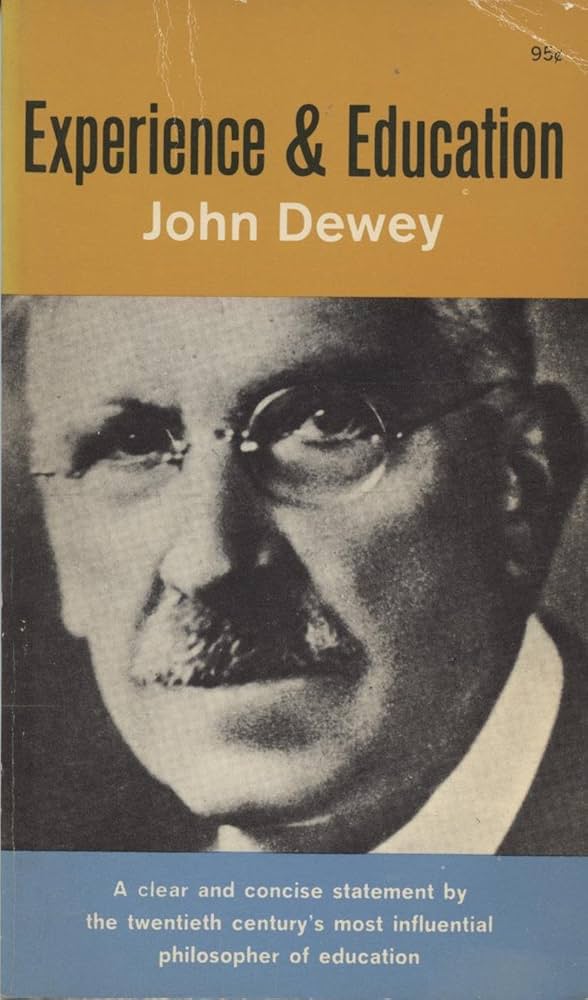Month: June 2014
-

Experience and Education by John Dewey
Originally posted at Gamelier. I’m not accustomed to reading philosophy, but really enjoyed reading Experience and Education, by John Dewey. It’s a slim book of not even 100 pages, but is beautifully written, exceptionally clear and intelligent. Experience and Education was written in 1938 as a followup to an earlier book, Democracy and Education, which he had…
-
RedWire post for EduGamesHub
I guest-wrote a post for the EduGamesHub blog about the RedWire hackathon in London. http://edugameshub.com/running-hackday-remixing-redwire/